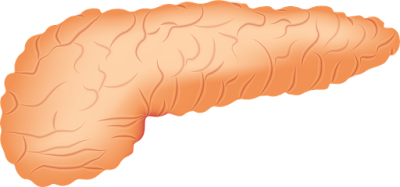Symptoms of depression in children
Depression in children
Your child comes home from school and shuts herself in her room? I do not want to talk to anyone? Gets worse evaluation or avoid contact with peers? He sleeps more than usual? Be careful, it could be depression!"Maybe it's just a difficult adolescence" - not once think parents.They underestimate the disturbing signs explaining them experiencing unrequited love school, problems with a teacher or ordinary depreciation. Go same way.
When this condition is prolonged to about two weeks, be alert. It is worth noting psychosomatic symptoms. Does your child complain of abdominal pain or headache? He has breathing problems?
Disturbing may be too excessive sleepiness or on the contrary, constantly waking up at night and difficulty falling asleep. Depression also often accompanied by eating disorders such as binge eating or avoid eating.
Parents often underestimate children's statements concerning the meaninglessness of life. They may, however, be a serious sign that something was disturbing! Young people suffering from depression are prone to self-destructive behaviors, they can also take suicide attempts.
How is depression?
Depression is diagnosed in about 2% of children and 8% of teenagers. It may be genetic. If anyone in the family suffering from this disorder, the risk is even greater! However, these are mostly psychological and social factors.This disease is more common in children and adolescents who have undergone in the past by traumatic events such as a death or a serious accident. Much part exposed to her are children with low self-esteem and those that harder for them to forge closer relationships with their peers.
Seek assistance
If you suspect that your son or daughter may be depressed, talk to the school counselor. If the condition lasts longer and do not see any improvement, take them to a psychologist or a doctor.A visit to a specialist clinic will determine what ails the child. You will learn how you can help him. It is worth remembering that this disease occurs differently in younger children, or adolescents. In the case of the first group of diagnosis it is sometimes more complicated, because the little ones harder to describe their emotional states.
In the case of clinical depression you will need specialist treatment. Your doctor will prescribe the appropriate medication for your child and if appropriate will refer them to psychotherapy. The youngest are rarely hospitalized.
If your child was diagnosed with depression, you must surround them with special care. Spend more time on it than usual, try to speak a lot with him and encourage that you talked about what bothers them.
In the treatment process plays an important role sense of security. If young patients have a lot of support at home, and the method of treatment is properly selected, the effects will be quickly apparent.


Comments
Post a Comment